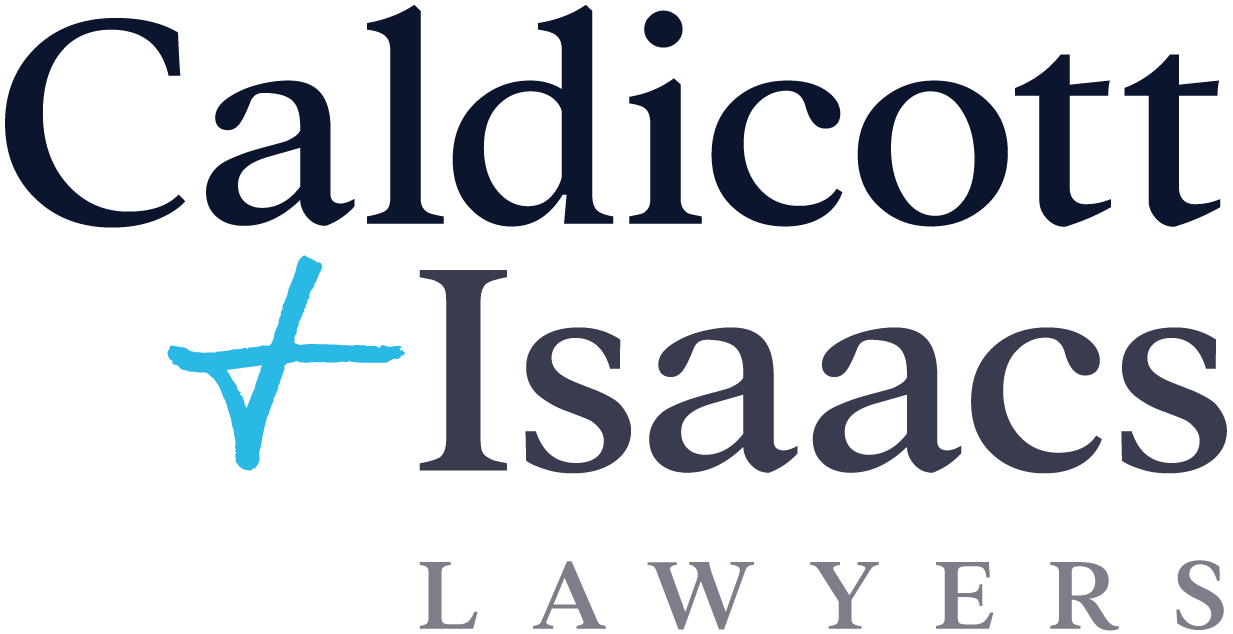You weren’t driving
In some cases, the wrong person is charged with an offence of driving while suspended. There are a variety of ways in which this can occur. It may be that there was an administrative error on the prosecution’s behalf or perhaps, the offender was carrying your identification in which they presented to police. Regardless, it is a complete defence to a driving whist suspended charge if it can be shown that you were not driving the vehicle.
You weren’t driving on a road
The law states that you must not drive a vehicle on a road without a valid licence. A road is defined as an area that is open to or used by the public and is developed, at least in part, for the purpose of driving motor vehicles. Thus, if we can show that you were driving your vehicle on private property (e.g. your driveway) you may have a defence to this charge.
Honest and reasonable mistake of fact (Proudman vs Dayman Defence)
If you genuinely believed that you had not been suspended from driving, and it was reasonable for you to hold that belief (e.g. you did not receive the notice of driving disqualification) then you may have a defence to this charge.
Duress
It is a complete defence to the charge of drive while suspended if we can show that you were acting under duress. That is, you were acting as a result of violence, or some other threat against you. You will have a defence to this charge if we can demonstrate that you were coerced into the act by a third party, effectively rendering you an instrument of someone else’s criminal conduct.
Necessity/Emergency
The common law defence of necessity operates where the circumstances at hand (natural or human threats) require you to break the law in order to avoid even more dire consequences. There is, thus, some overlap with the defence of duress. It will need to be shown that you believed on reasonable grounds that you were placed in a situation of imminent peril. You may have a medical justification, or it may be the case that you were acting in the course of protecting yourself or someone else.
Essentially, the Court will need to weigh up the act you have committed, against the harm you would have experienced had you not acted in that manner. The Court will also need to be convinced that the act was proportionate to the potential harm.
Mental Impairment
The law recognises that, in some cases, people will not be capable of evaluating the nature and quality of their conduct or more categorically, they will not know what they are doing is wrong. If it can be shown that you were suffering from some sort of mental disease, disorder or disturbance, as distinguished from a mere lack of self-control or impulsiveness, then you may have a defence to this charge.
Mental impairments may be either permanent or non-permanent and may include disorders such as:
- Schizophrenia
- Hyperglycaemia
- Psychomotor epilepsy
- Cerebral arteriosclerosis

